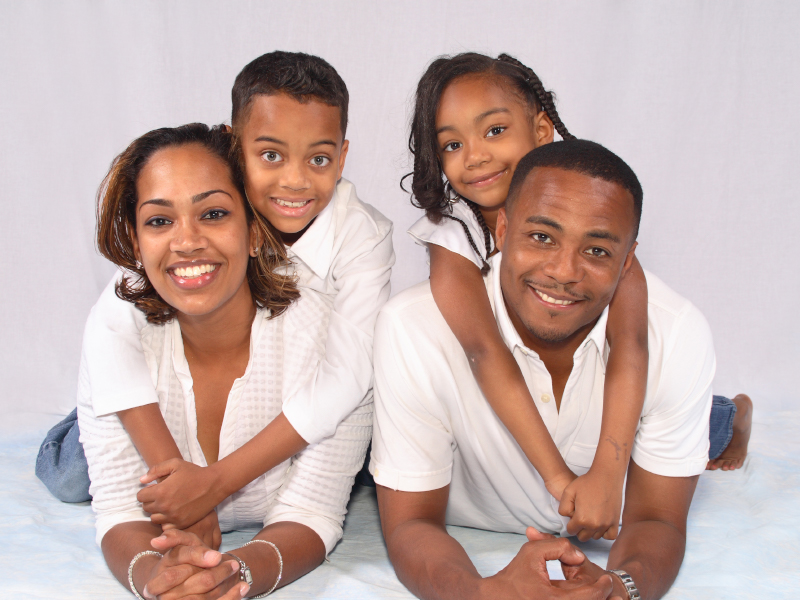We are in the last month of the most challenging, unprecedented and trying year that most of us have ever experienced. We have cycled through confusion, despair, overwhelm and gratefulness, while looking hard for silver linings. Parents have had to run their own home schools and make tough decisions about where their kids can go or not go. Some of us have asked ourselves, “Why am I angry all the time?” and “Do I have an anxiety disorder, or are these just anxious times?” While we feel pushed to our edge, our children have been stressed and isolated, leading to more tough questions: “Is my child just sad, or is that depression?” No one, not one of us, has known exactly what to do all the time.
With all the unknowns and anxiety continuing to swirl in the air as we head toward 2021, I’d like to take this time to talk about GRACE. If we can give ourselves the gift of GRACE, over and over and over, we might find a little relief from the anxiety. GRACE can help us navigate the difficult month of December, as well as the uncertainties of the year that lies beyond it. If we can fill our own cups with GRACE, some of it may spill over onto our kids and community. We all have our own notions of “grace.” Here’s what I mean when I speak of GRACE.
“Gemeinschaftsgefuhl”
Is a German word that translates as “community feeling.” The idea of “gemeinschaftsgefuhl” is an integral part of the psychological approach pioneered by Alfred Adler, an Austrian doctor and psychiatrist whose work has influenced many contemporary parent education programs. One of Adler’s main premises is that if we cultivate the community-minded ideal of “gemeinschaftsgefuhl,” as opposed to focusing on our own private concerns or issues, we will become psychologically stronger and will interact with the world in a more positive and effective way. The needs of our communities are many in these difficult times. Food drives, calling on elderly neighbors or writing a note of thanks to an overworked teacher are all ways of practicing “gemeinschaftsgefuhl” and increasing our own sense of well-being.
Rest:
Strong feelings take so much of our energy and resources. We usually don’t give ourselves enough time to let these feelings fully unfurl and run their course. Instead, we bow at the altar of productivity that is so central in our culture. While productivity does feel good, it doesn’t feed the fundamental human need for rest. This month, instead of striving to do more, look for ways to rest as a family. Dim the lights an hour early, put the screens away, encourage everyone to grab a book or a craft and just be alone together doing your own thing. Add in some naps. Use the shorter days to go to bed earlier. Your nervous system will thank you.
Acceptance:
2020 has been a year of choosing between acceptance and suffering. It’s a choice we’ve had to make over and over again. Acceptance doesn’t mean that we like what is happening to us and around us. It means that we take each day one at a time, we notice what changes are occurring and we continually adjust to the new normal. We might have to accept that our child is withering under online learning, and we continue to support, listen and help – even if we, too, are fed up or anxious about it. Acceptance means we do the best we can with the information we have, today.
Creativity:
The never-ending experience of being stuck inside our four walls makes every day feel like “Blursday.” The monotony and lack of changing scene can bring on low motivation, lethargy and “stinkin’ thinkin.” It just does. One surefire antidote is to think creatively about ways of shaking things up and refreshing and reinvigorating the old routine. Creativity gets us out of our reactive brain and into our prefrontal cortex where we have access to new ideas and solid problem-solving skills. The solution doesn’t have to be artsy (drawing, painting, writing) to be creative – although it certainly can be. Think outside the box, move your furniture around, purge and redecorate a kid’s room, cook something new for dinner. Creativity takes so much more effort than we feel we have right now, and yet it can become energizing by opening up a new, less lethargic and more upbeat way of being.
Empathy:
The dictionary defines empathy as “the ability or practice of imagining or trying to deeply understand what others are feeling or what it’s like to be in their situation.” As a parent, the only expert on what it’s like to raise your children during this pandemic is you. And the only experts on what it’s like to be a child growing up during this pandemic are your kids. Practicing empathy for them and for yourself is a way to soften the tension, lighten the mood and increase the “grace” we are searching for. A good way to access empathy is through true listening to your children. You can start with an open-ended question, like “What’s been the hardest part about being 6 years old during the pandemic?” Then listen. No talking is necessary, just nodding and absorbing. And then take the time to listen to yourself. What’s been the hardest part for you? Where might you still be fighting acceptance?
This is just one set of ideas. May I suggest during this winter month you write out GRACE on a big sheet of paper and take it to the dinner table. Brainstorm with your family words you can use to show each other kindness, acceptance, forgiveness and renewal for 2021.

